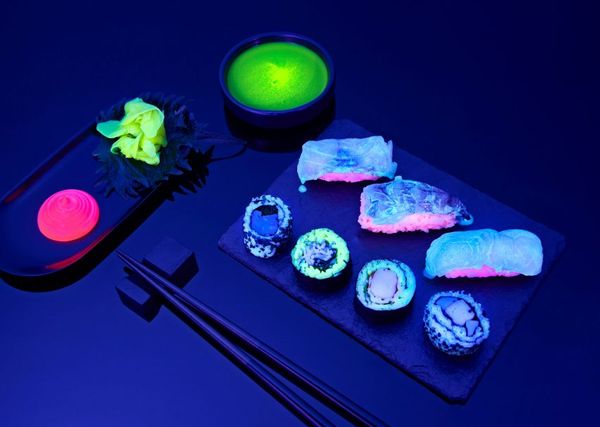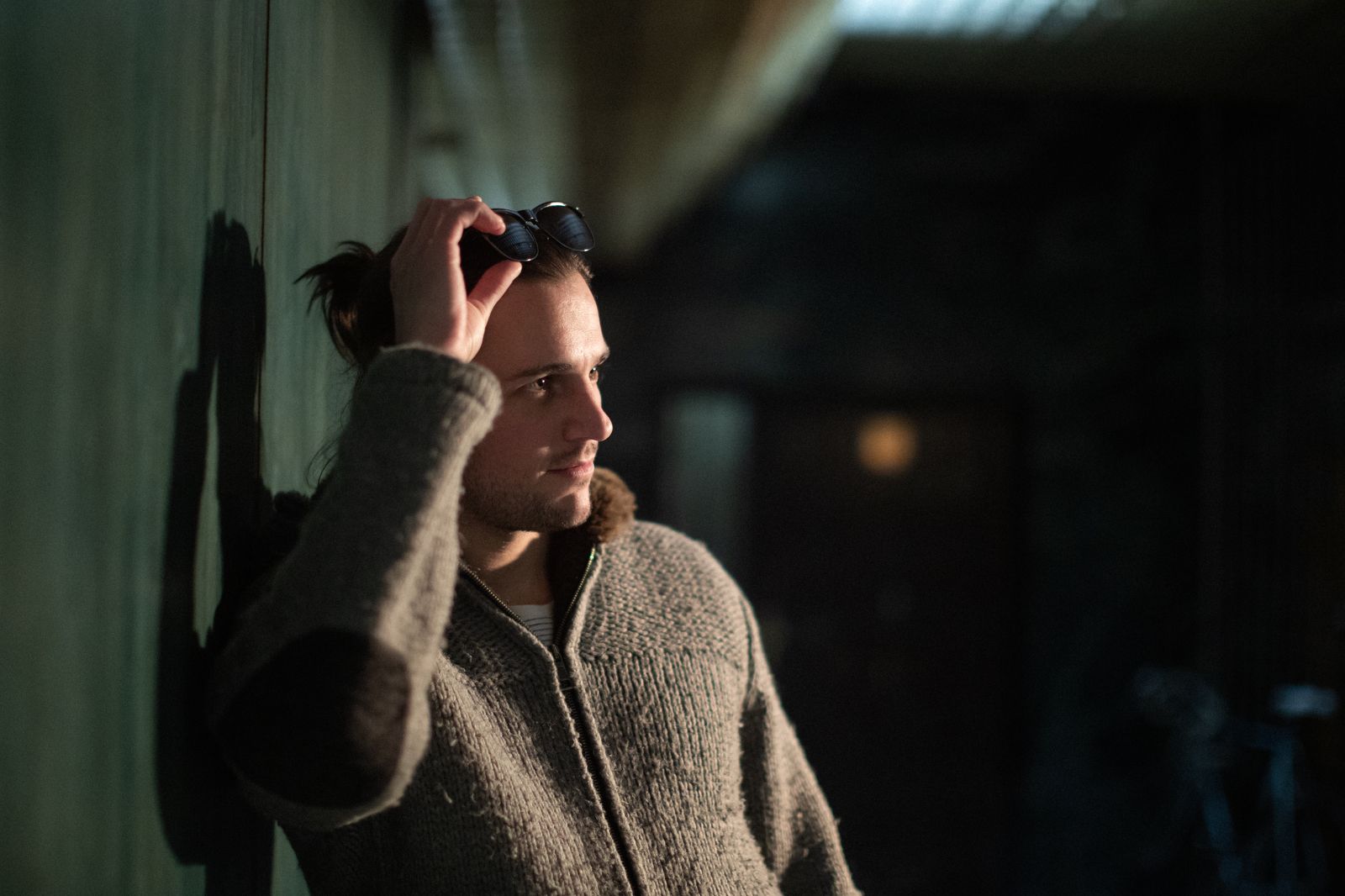“You have to get close to people because that’s what really fuels the actor and the theatre.” Bence Tasnádi would certainly agree with Éva Ruttkai’s thought, and while he doesn’t consider streaming theatre performances to be a dead idea, he prefers to play in front of real people. The Junior Prima Prize-winning actor has been a member of the Katona József Theatre company since 2012, and currently plays the role of Alex Csáky in the production of the “Káli holtak” (The Dead of Káli), premiered last September. As a young actor, how consciously does he use Instagram, or what helps him relax? The interview reveals that too.
The pandemic has brought many changes to the theatre and the lives of actors: thanks to digital technology, performances could be watched back from recordings, and e-theatre also took off. What do you think about this phenomenon, this medium? How much was it a “forced solution”? After all, the personal presence that is created in the case of theatre is lost through the screen. Did you happen to see such performances?
Yes, I watched such a play. Director Márk Tárnoki was entrusted with the adaptation of “Szavalóverseny” by János Háy, and since it was intended to be streamed, due to lockdowns, it resulted in a very interesting synthesis of theatre and film: there are things that the theatre, the theatre mindset, can do, and it was nice to see that mixed with the cinematographic language. It would be worth experimenting on it more, if only, because of the direction where the world is heading, it seems that we will have to deal with it anyways. We shouldn’t stop streaming completely.
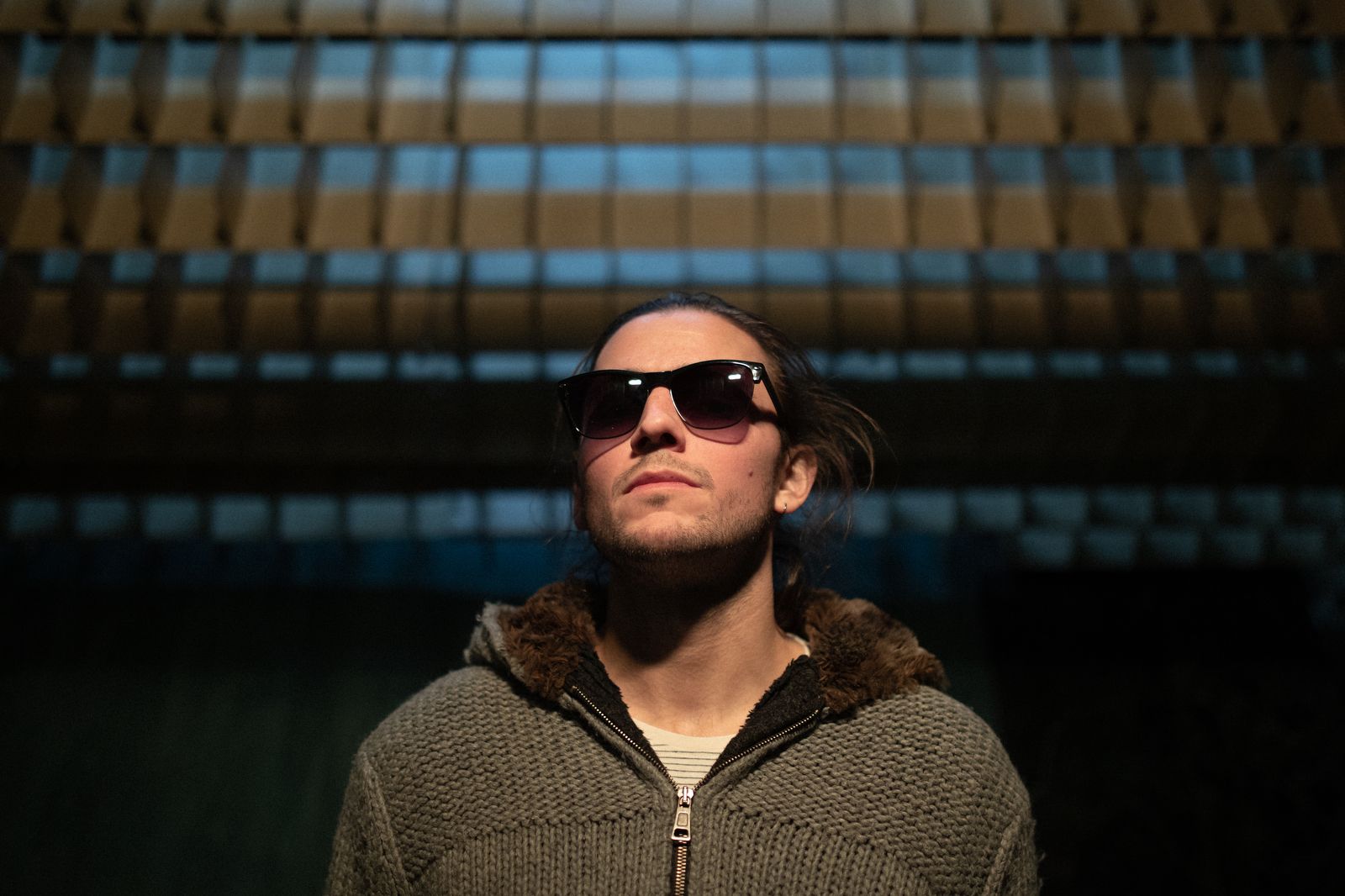
Instead of making recordings available from time to time, an ideal solution would be to actually broadcast certain performances live, even with the audience sitting inside. After all, we’re more inspired when we can play in front of an audience, so there really is an energy exchange. You can still feel the presence of the cameras and the cameramen when you’re streaming—it has its own stakes, but the most powerful experience is to play in front of a packed theatre.
Your up and running, highly successful production of “Káli holtak” is meaningful, dense, and long—just like Térey’s novel. The video and various cinematographic tricks are an important part of the play: two cameramen move with you on stage, in front of a greenbox, you also act for the cameras, not just for the audience in the rows. How comfortable are you when this level of technology is present in a play, as opposed to, say, a relatively tool-less performance?
In “Káli holtak” we play in many different styles: we use technical tools and are sometimes absolutely tool-free at the same time, or at least we abstract certain situations differently. It doesn’t bother me that there’s someone with a camera, because I know they’re doing their job—in fact, it’s an interplay, a partnership. The cameraman doesn’t mess up the play by suddenly walking in with cables on their shoulders to record you. I think it’s an interesting insight for the audience, too. If something is justified, if I see the sense of it, then no device interferes with the performance. Of course, sometimes it happens that an invention is holding you back when you feel like going on a rampage, but for the sake of the concept, you have to play very concentratedly and restrained without instruments. I prefer virulent theatre that makes me sweat.
In 2019, you launched your own Instagram page, where you mainly promote your theatre and film/TV work, along with your band activities, and of course, there’s personal content too. How important it is nowadays for a young actor to be active on various social media platforms? How do you approach this issue? How conscious are you about it?
I consciously signed up for Instagram, my intention was to catch up a bit. I’ve almost managed to do that, but I’m not a “post-producing barbarian”. It also takes work to keep your followers—it’s a creditable achievement, actually—but frankly, I don’t really enjoy it. I’d rather be on stage and performing than dealing with self-marketing. However, I also see that there’s a generation that has grown up expressly in this and become famous on these platforms.
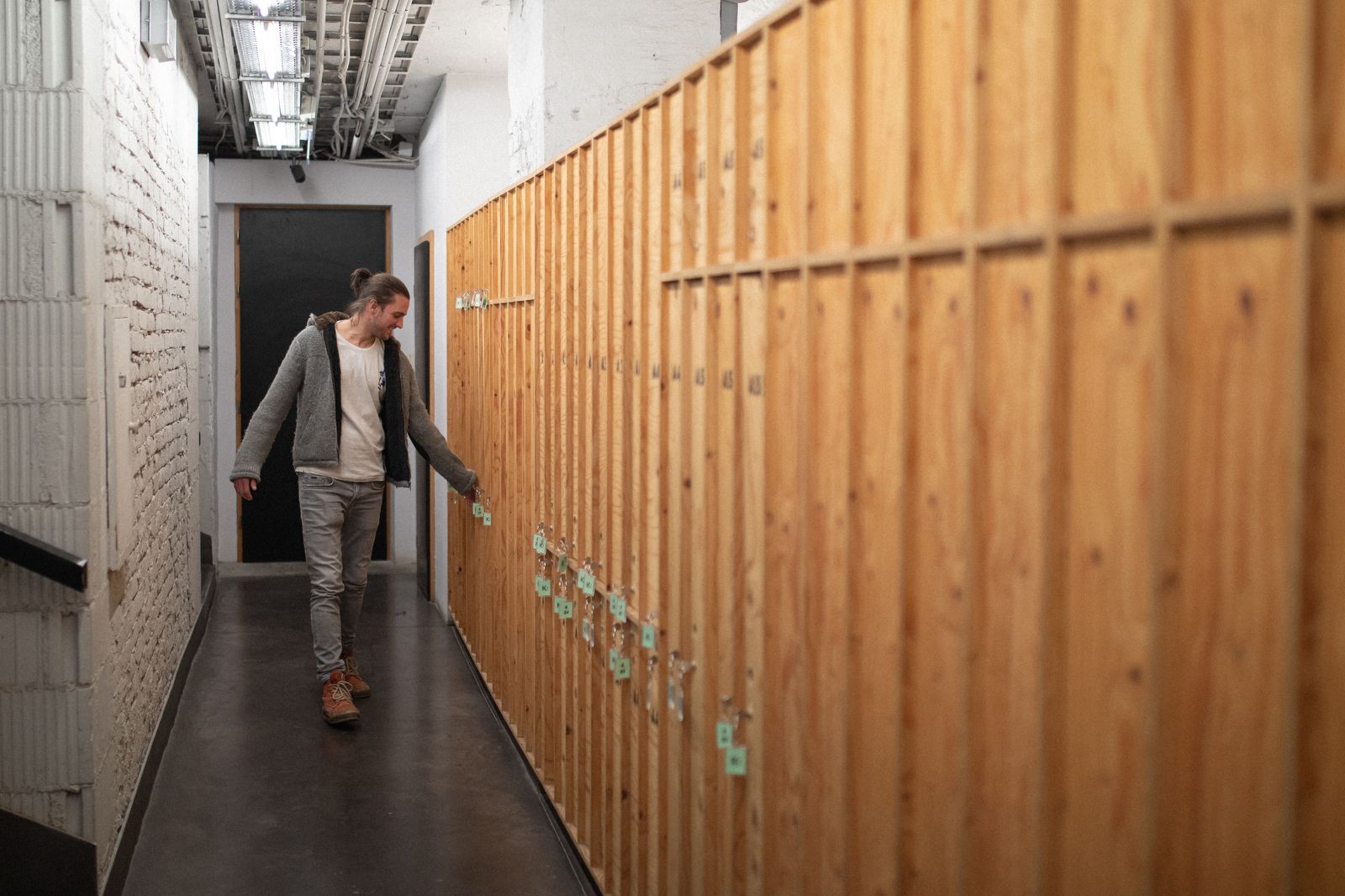
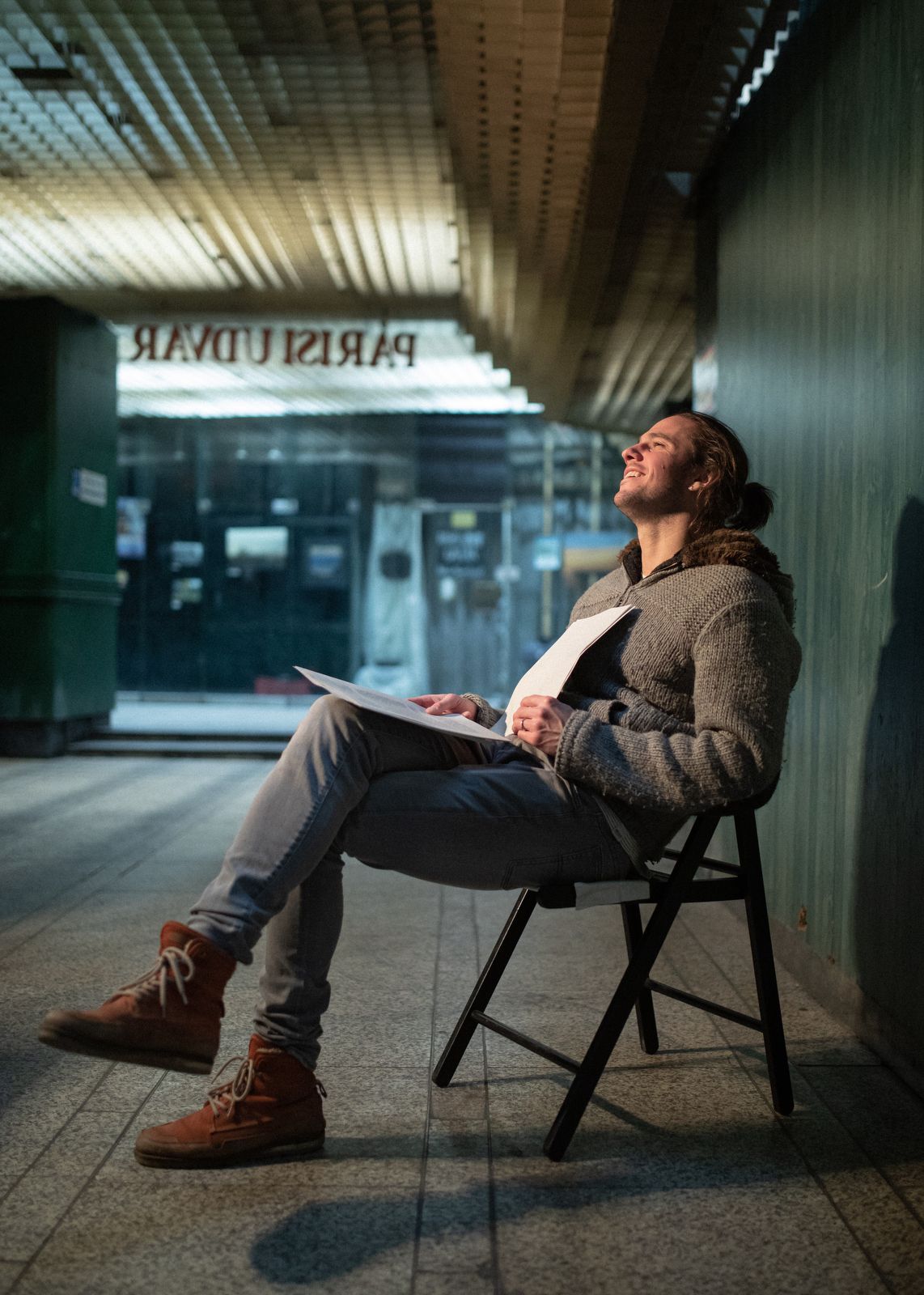
You can surely find a healthy balance in this. I don’t think it’s that important what kind of shower gel I use or where I shop—I don’t care about those things, and I don’t expect others to care. Mostly I post about my work, but sometimes I get nostalgic, or if a fashion piece or a concert is coming up (Bence is also known as the frontman of the band Ed Is On—the Ed.), I’ll share related content. From my private life, I only post a couple of truly memorable moments, but I’m not a really good influencer. (Laughs)
The “Sztárban sztár leszek” (Hungarian talent show on TV—the Trans.) was a learning experience for me in many ways. I have gathered 10,000 followers during the show, but this number has been decreasing ever since. To keep it growing, I would have to constantly deliver content, and I don’t have the capacity to do that, that’s not my focus.
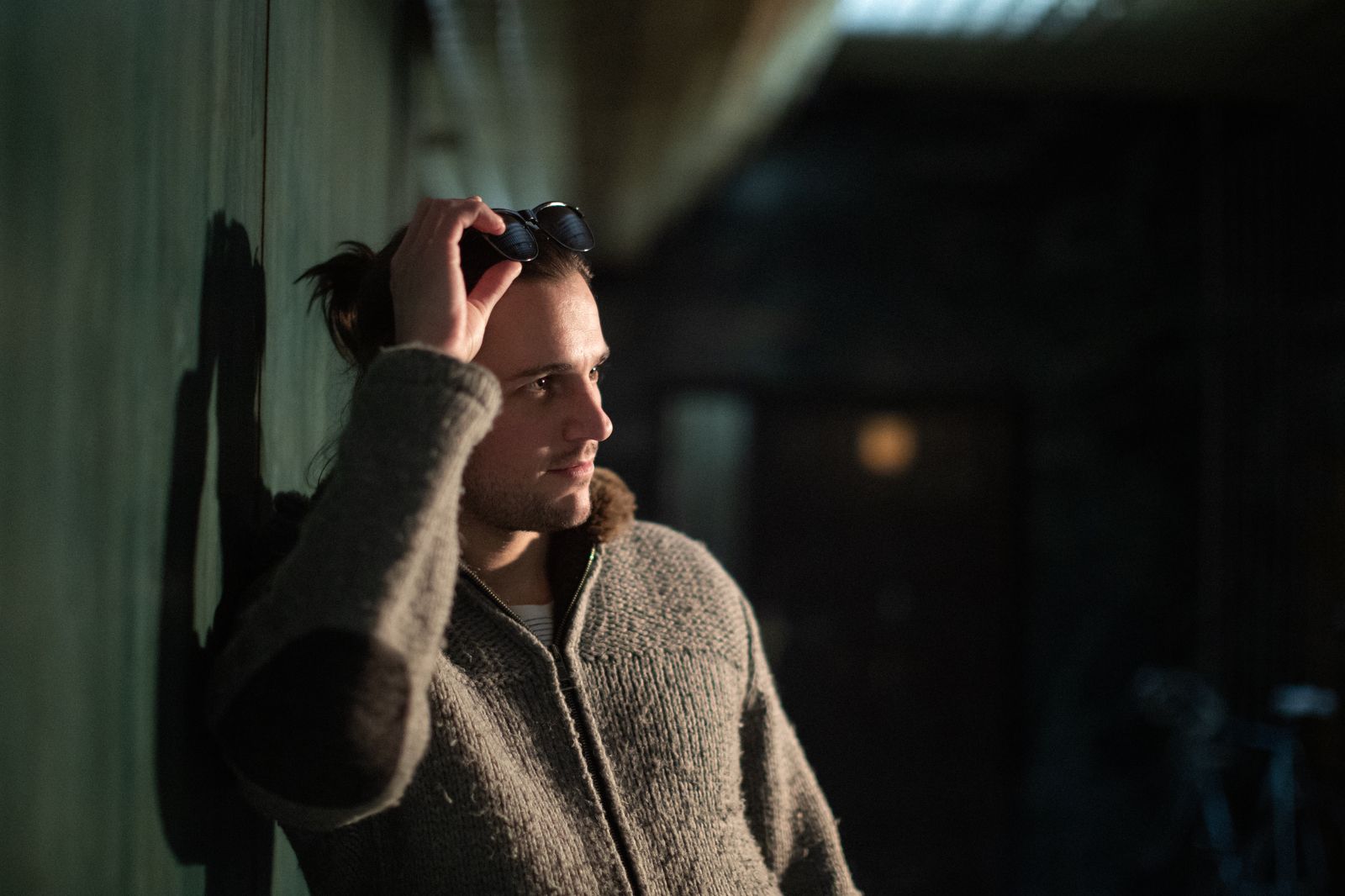
What helps you relax in your free time? How much do you try to entirely (or partly) disconnect from your digital devices?
I don’t try to break away directly—luckily, I have personal connections and the theatre is one of the reasons I interact with people so often, and these tools, apart from being addictive, do connect us; they make it easier to connect. Sometimes, of course, I find myself reaching for my phone out of reflex, even though I’ve only put it down five seconds earlier. I use this gadget quite a lot, but I don’t necessarily hang out on Instagram.
For example, I really like walking: if the weather is good and I’m not in a hurry, I walk quite long distances around the city—I prefer walking rather than using public transport. Especially in sunny weather, while listening to music—I feel like I’m in a music video. My wife and dog often join me on these walks. I love being outdoors, I need to be in motion.
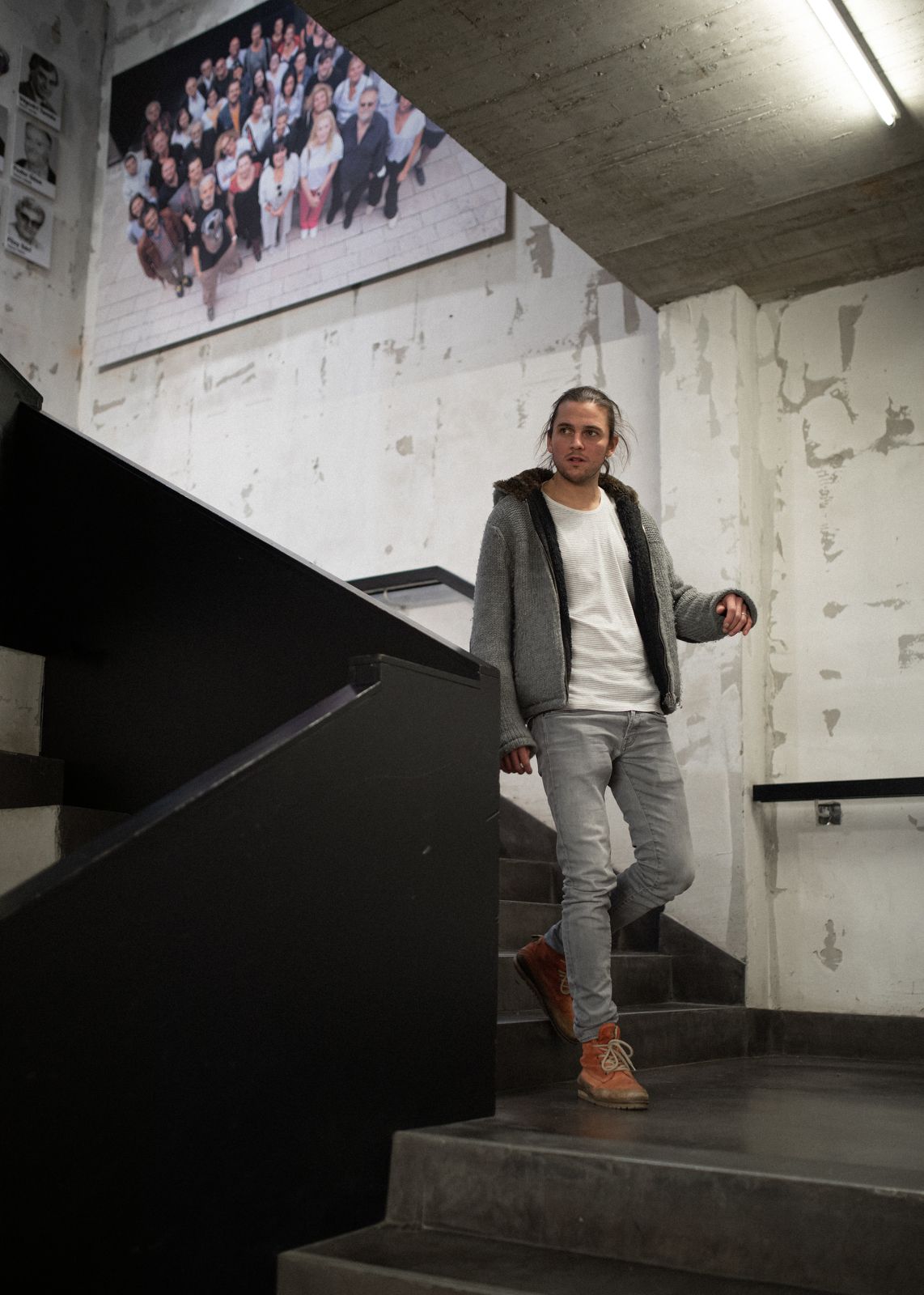
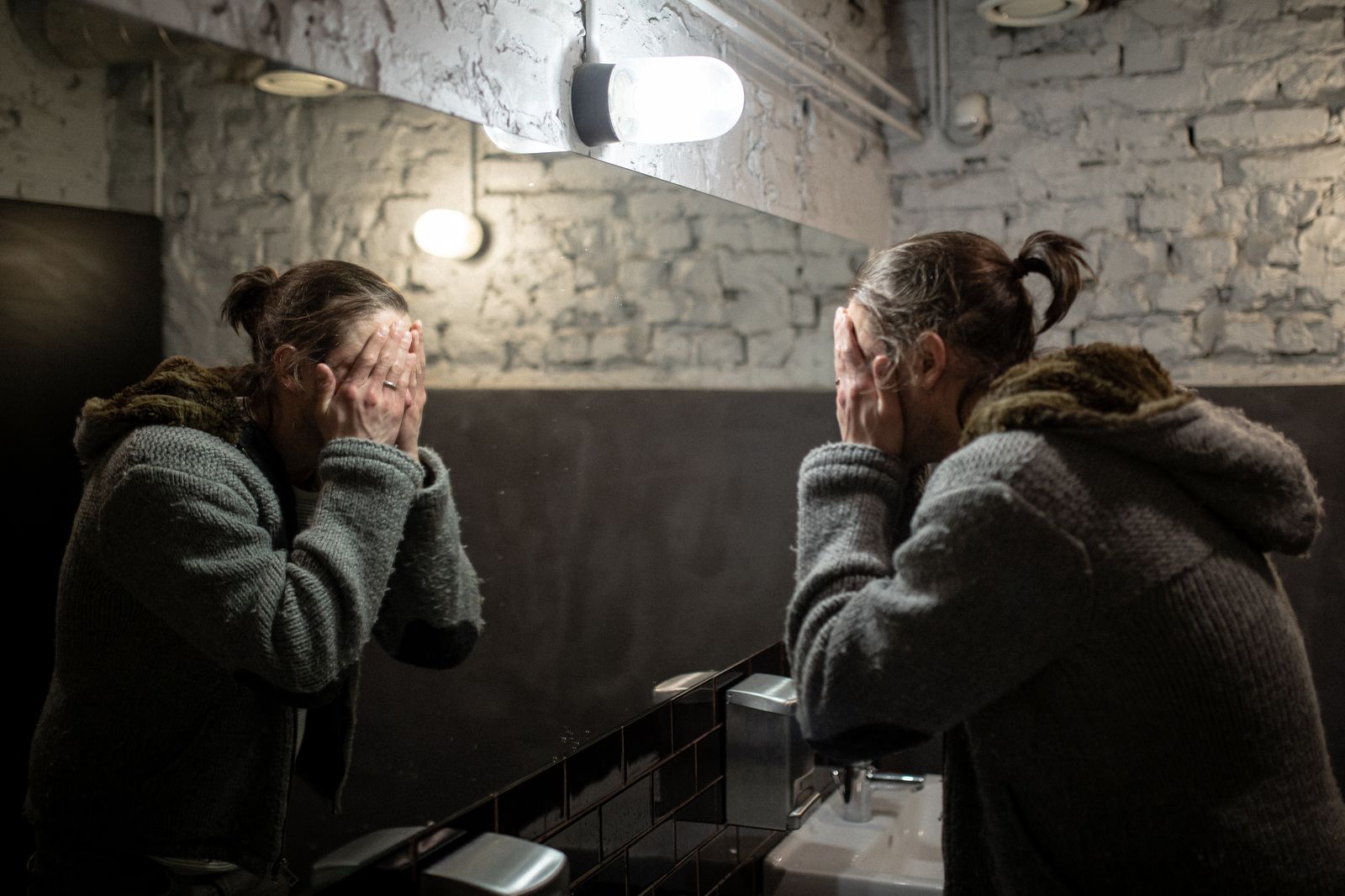
And some quick questions:
Google Calendar or classic diary?
Google Calendar. I write my to-do’s on my phone, but I also have a paper diary to record my experiences.
Netflix or cinema?
Netflix on a typical night, but I really like going to the cinema. Last time we saw “The Grandson”.
Spotify or vinyl?
Not Spotify, but Apple Music. Sure, I could use a record player. Maybe a little later, when the apartment gets bigger, I’ll get one. I have records at home. By the way, my friends from high school gave me a crank gramophone as a wedding gift, and it made me very happy.
Kindle or classic book?
Classic book.
Do you prefer shopping online or in a store?
Shop. I like face-to-face contact and to try things on—I don’t like to buy something sight unseen.
Photos: Balázs Mohai
Bence Tasnádi | Instagram
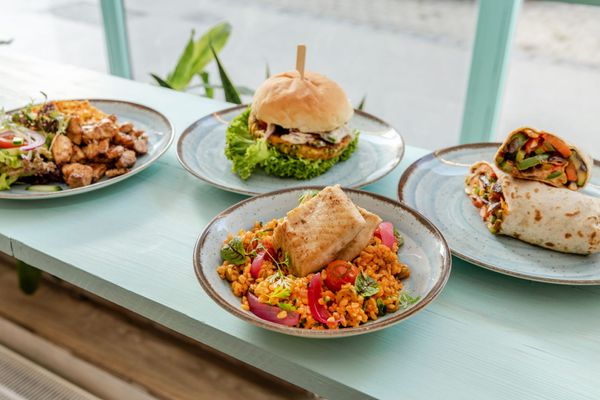
All about the fish—the newly opened Halkakas Fish Shop & Fish Bar in Budapest
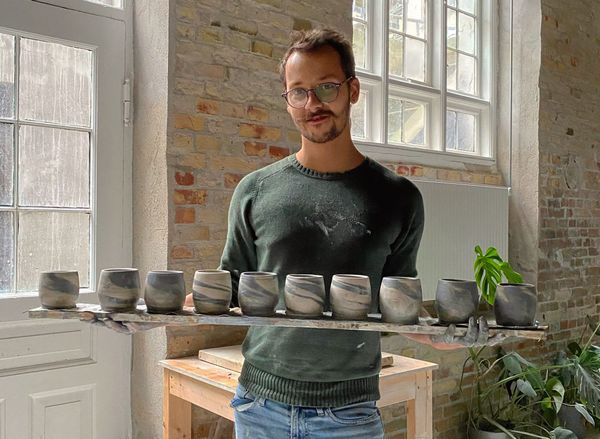
The programmer ceramicist, who is always looking for contrasts
